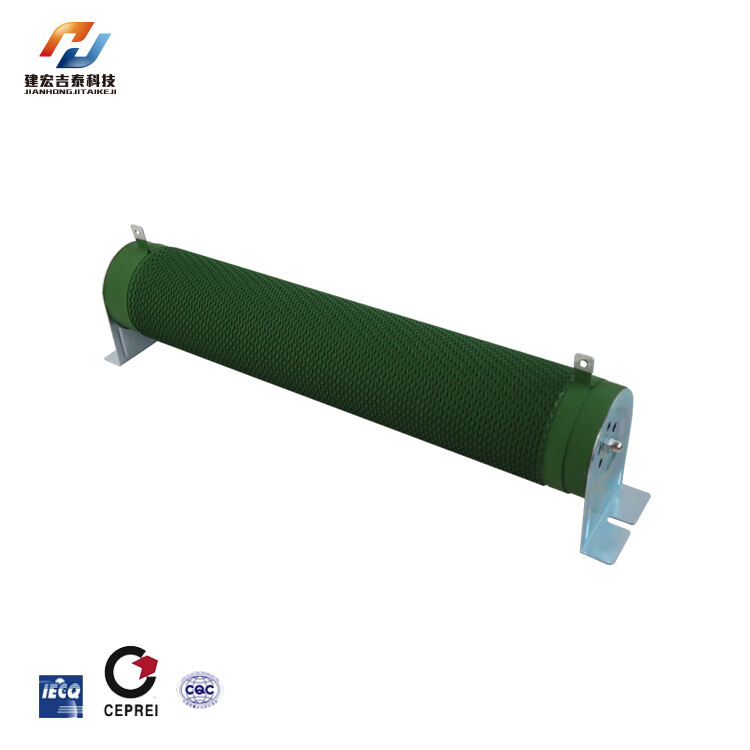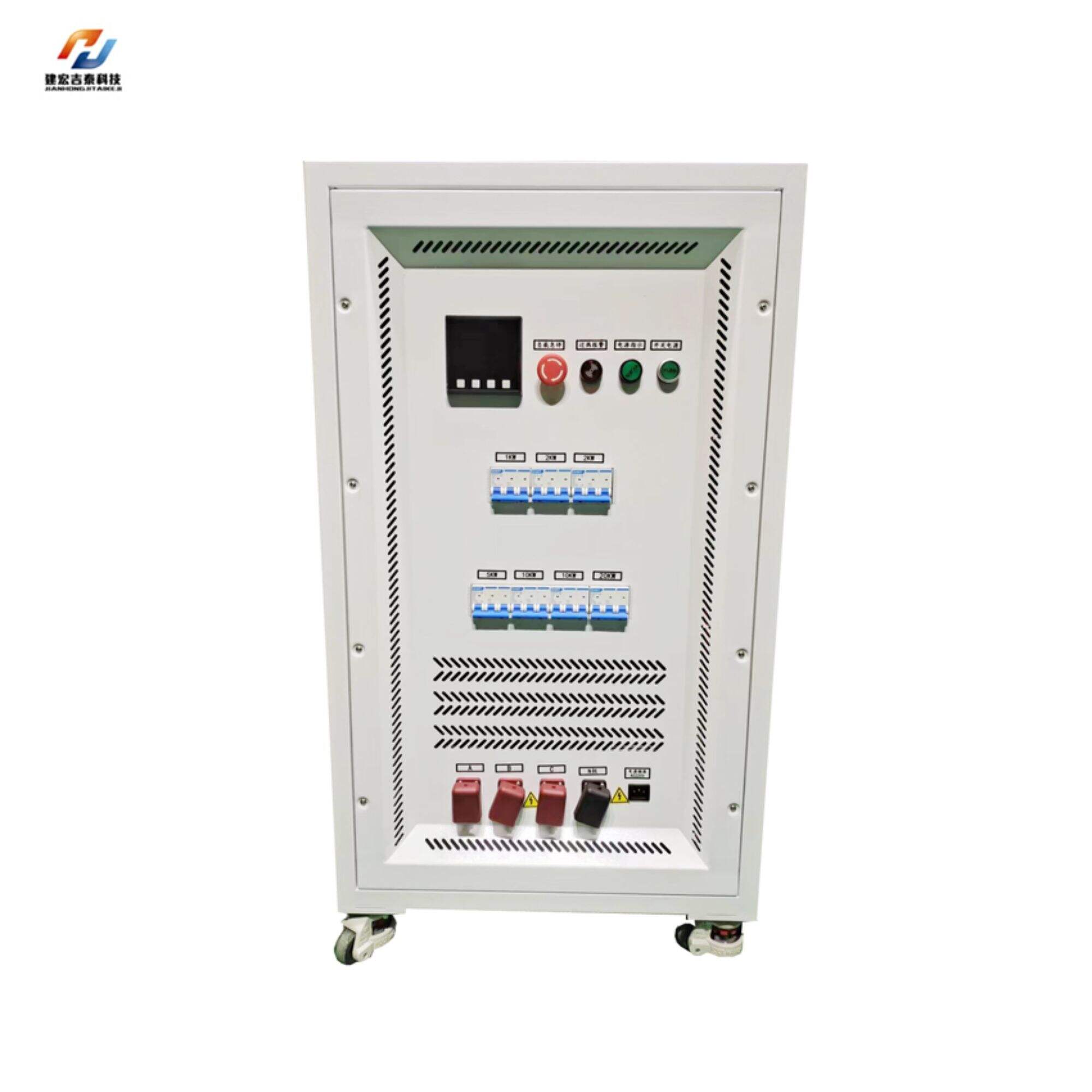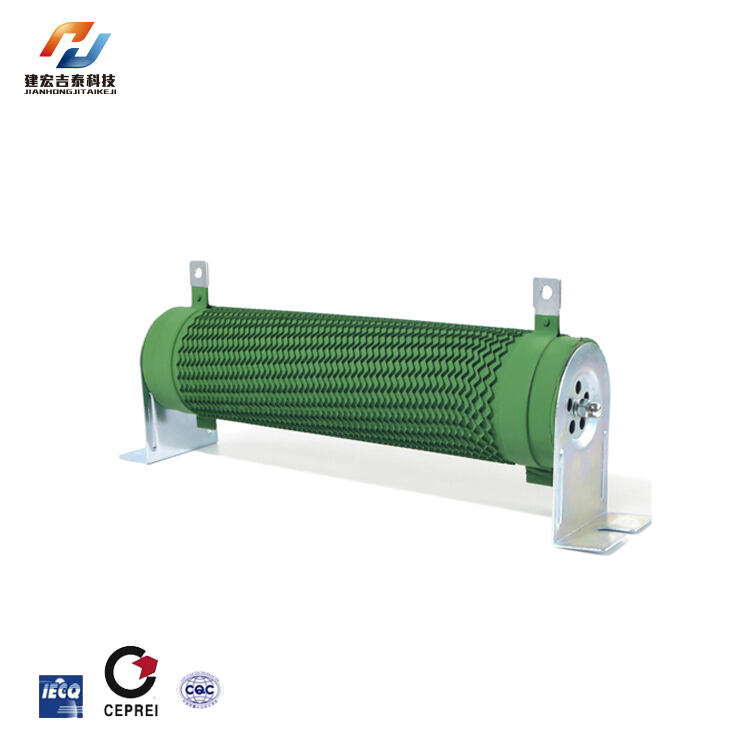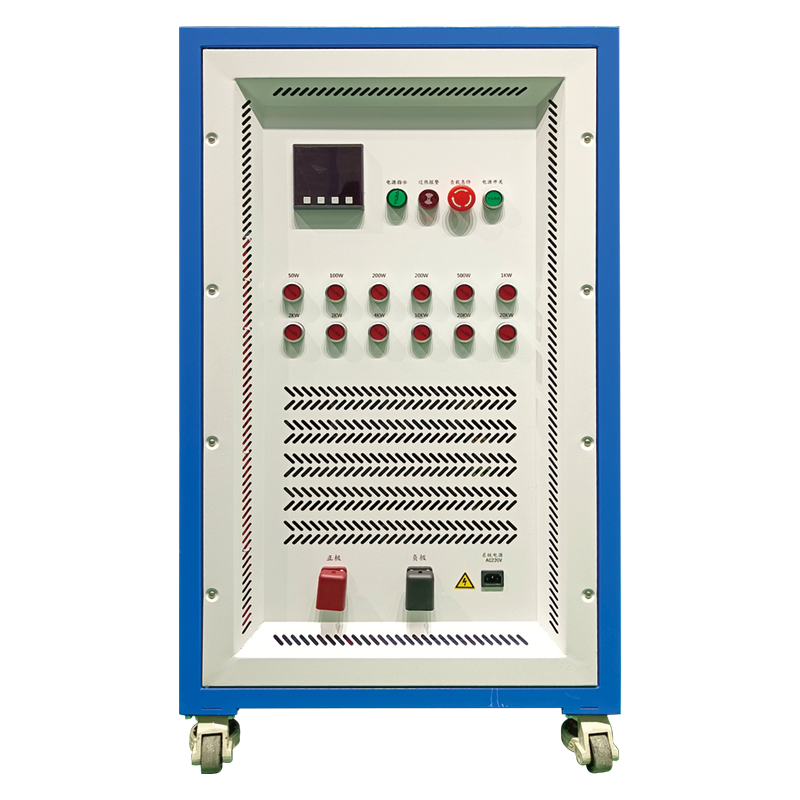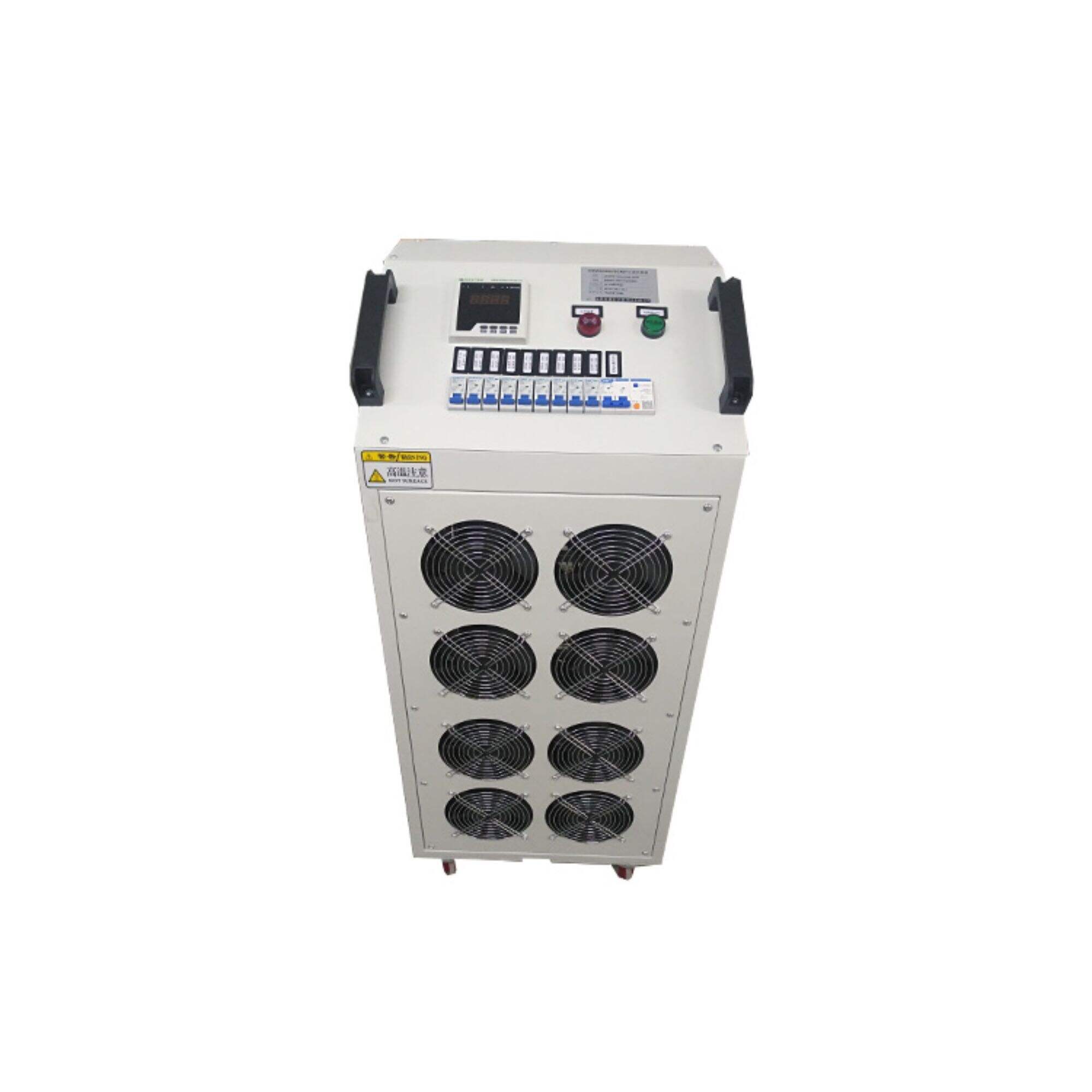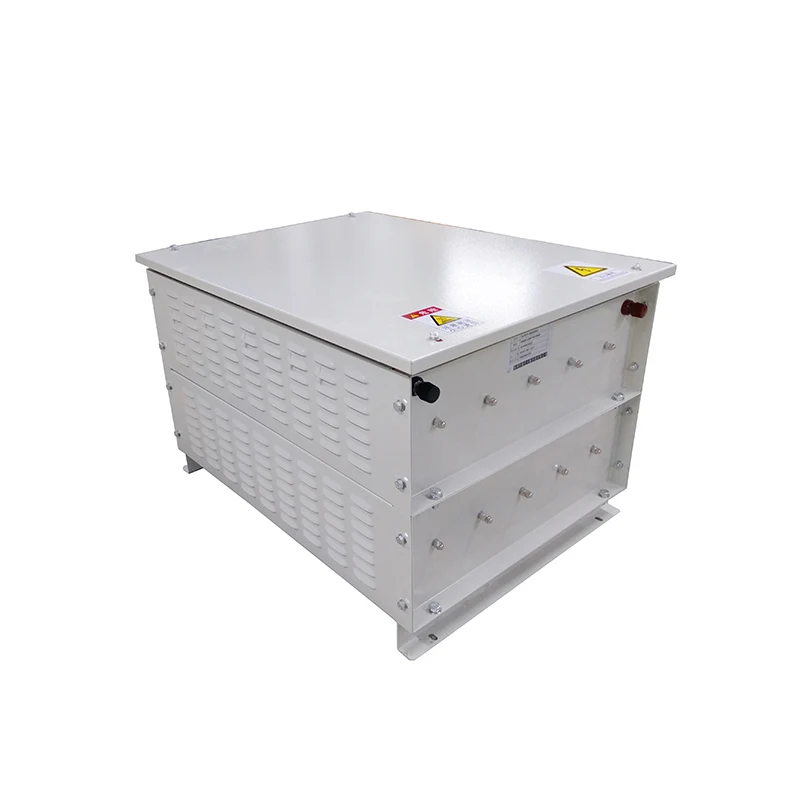Exploring the Properties of Aluminum Resistors: Are They a Good Choice?
Introduction: The Basic Principles of Aluminum as a Material
Aluminum is a light, flexible and resistant to corrosion metal that has found wide application in different industries. Its unique properties such as high electrical conductivity and low density make it attractive for various electrical engineering components like resistors. But the question still remains does aluminum make a good resistor?
Electrical Properties of Aluminum
When considering if aluminum makes a good resistor, we must have knowledge on its electrical characteristics. For example, aluminum is highly conductive hence allowing free movement of electrical energy through it. This attribute is desirable especially for conductors but not for resistors whose purpose is to reduce electric flow. However, this conductance can be adjusted through impurities or use of special alloying techniques.
The Role of Aluminum in Resistors
Despite its high conductivity, some resistors are made from aluminium. Typically, this is done by leveraging the capability of the material to withstand very high temperatures and having low density which can be advantageous in certain applications . These power electronics are usually made up of aluminium resistors so they can handle the great currents and temperatures associated with them.
Advantages and Disadvantages of Aluminum Resistors
The major benefit associated with aluminium resistors is that these devices can operate under extreme conditions without failure. They can withstand high temperature and current levels hence they are ideal for tough applications. Nevertheless, their high conductivity limits their resistance values thus disadvantageous to them. Another thing about these types of resistor is that they have positive temperature coefficient which means their resistance increases as temperature rises. This may cause instability on some circuits.
Conclusion: Is Aluminum a Good Resistor?
This depends on what it’s being utilized for in reality. In other words , aluminum resistor suits best where they need something that tolerates high temperature as well as handle large currents thrown at it . Conversely , due to their lower than desired resistance values and tendency towards positive temperature coefficients ,they do not work for some circuits. In the final analysis, it is important to critically assess the requirements and constraints of a given application before choosing an aluminum resistor.
Recommended Products
Hot News
-
What Are The Functions Of The Ac Load Box For Power Supply Detection And Maintenance
2024-01-11
-
The Use Characteristics And Methods Of The Load Bank Of The Generator Set
2024-01-11
-
The function of the load bank
2024-01-09
-
Explore The Types And Characteristics Of Resistors: Fixed And Variable Resistors
2024-01-09
-
How Resistors Work And Their Applications In Circuits
2024-01-09
-
Load Banks: Ensuring Optimal Performance in Power Testing Environments
2024-10-21
-
Exploring the Advantages of Wirewound Resistors for Precision Applications
2024-10-14
-
Understanding the Benefits of Aluminum Resistors in High-Performance Applications
2024-10-08

 EN
EN
 AR
AR
 BG
BG
 HR
HR
 CS
CS
 DA
DA
 NL
NL
 FI
FI
 FR
FR
 DE
DE
 EL
EL
 IT
IT
 JA
JA
 KO
KO
 NO
NO
 PL
PL
 PT
PT
 RO
RO
 RU
RU
 ES
ES
 SV
SV
 TL
TL
 ID
ID
 LT
LT
 SR
SR
 SK
SK
 UK
UK
 VI
VI
 HU
HU
 TH
TH
 TR
TR
 AF
AF
 MS
MS
 GA
GA
 BN
BN
 LO
LO
 LA
LA
 NE
NE
 MY
MY
 UZ
UZ

